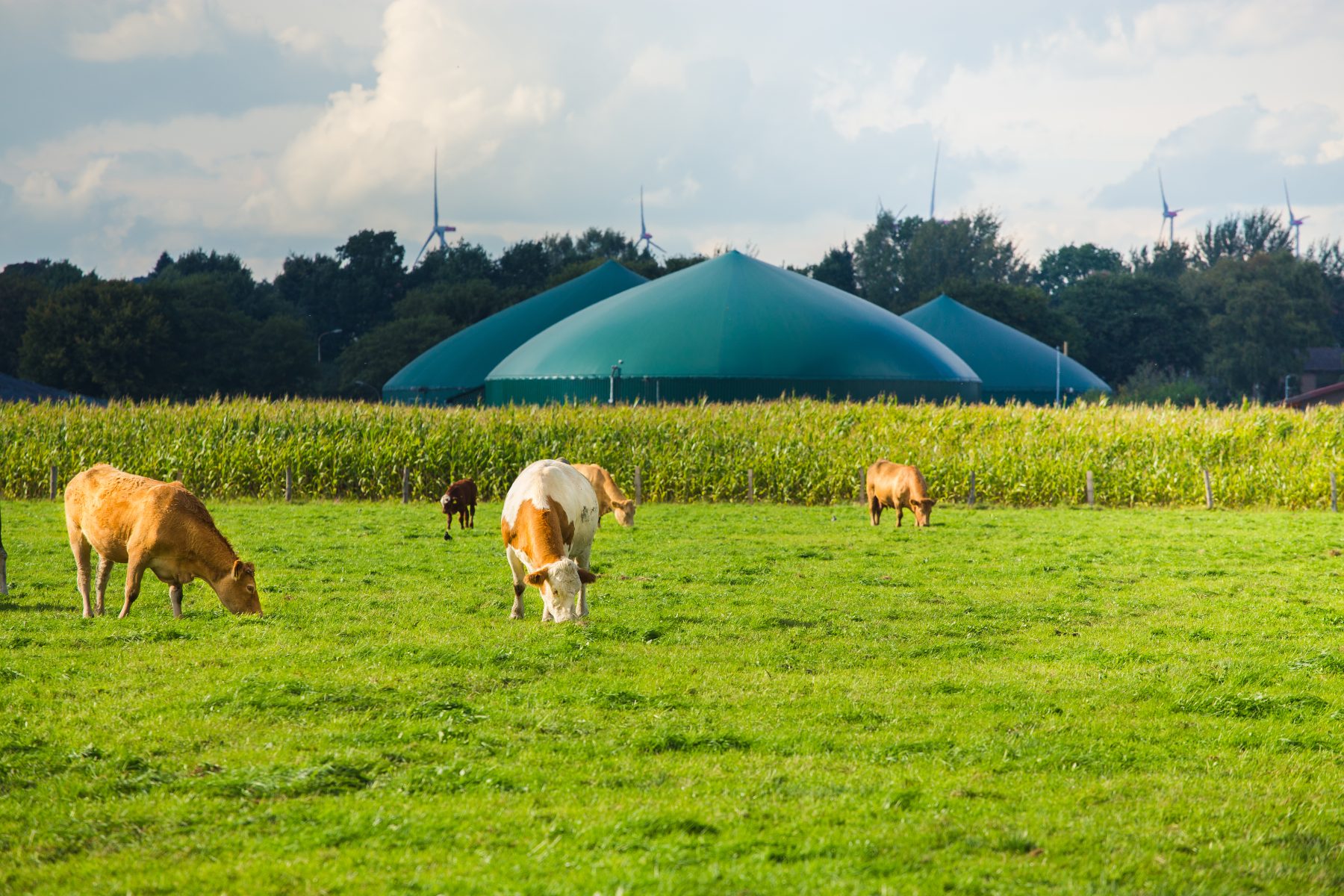Today, the Packard Foundation joined a first-of-its-kind alliance of more than 20 philanthropies that are collectively committing more than $223 million to drastically reduce methane emissions globally. The commitments were made in support of diplomatic efforts led by the United States and the European Union’s Global Methane Pledge to reduce methane emissions 30% by 2030.
The combined philanthropic commitments represent the largest private pledge to reduce methane emissions ever. The funds will be used to support methane reduction solutions in more than 30 countries that have signed onto the Pledge.
“The philanthropic world came together to support this urgent initiative in an encouraging demonstration of our ability to take action collectively and with agility,” said Nancy Lindborg, President and CEO of the David & Lucile Packard Foundation. “These investments to reduce methane emissions are critical to catalyzing urgent climate ambition at a make-or-break time as we look at the ticking clock of the next decade.”
The announcement, which highlights the role that philanthropy plays in catalyzing climate solutions, is modeled on the 2016 action by 18 funders that made the Kigali Amendment to the Montreal Protocol possible. In that case, philanthropic funding helped to accelerate the phase-out of potent hydrofluorocarbons, leading to the widespread adoption of more efficient cooling solutions.
U.S. Special Presidential Envoy for Climate John Kerry noted that, “reducing methane is the single fastest action we can take to keep a 1.5°C future within reach.” Methane is more than 80 times more powerful than carbon dioxide, driving at least 25% of the global warming experienced today. The largest sources of methane from human actions are the oil and gas industry, livestock and landfills.
The press release announcing the philanthropic commitments can be found here.








